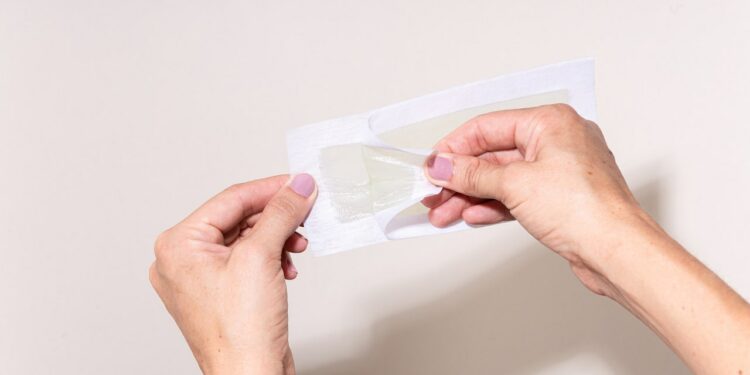The law is there to protect us from harm, and not just from other people but from businesses too.
But in the UK, only a handful of industries are actually regulated by law such as the legal, healthcare, education, and transport sectors. Other industries also face close supervision from regulatory bodies to prevent irresponsible behavior, such as gambling, finance, and advertising sectors.
One sector that doesn’t face these stipulations is the beauty industry. While there are plenty of regulations around beauty products, the same can’t be said for the professionals using them.
With beauty professionals often performing extremely personal and potentially dangerous treatments, this is an issue of huge concern. Many have called for much tighter regulation of the industry, with 82% of regular salon clients in the UK wanting it to be subject to mandatory regulation.
In what ways does this lack of regulation manifest itself and what exactly are the dangers?
Table of Contents
Insufficient training regulation
Beauty treatments often carry risks. Whether it’s a wax treatment, a laser hair removal, a sun bed, or hair bleaching, all have the potential to cause harm if things do not go to plan.
However, unlike in other industries, beauty professionals don’t need qualifications to carry out the majority of treatments. A recent survey found that almost two-thirds of people (59%) didn’t know whether their beauty professionals had actually been trained or not.
Compare to this the healthcare industry, for instance. Here, almost all professions must possess formal qualifications, even at the level of a healthcare assistant, which requires at least a diploma.
Healthcare professionals like doctors and dentists need approved degrees, with certain occupations also requiring you to register with a regulatory body too, such as the General Chiropractic Council (CGC) for chiropractors.
These requirements make sense: healthcare professionals often perform risky treatments that necessitate extensive training — you wouldn’t want just anyone carrying them out.
Most beauty treatments aren’t comparably as dangerous, but as with anything that carries a risk to the client, you’d expect the professional to have at least an entry-level qualification to do their job.
A lack of insurance guidance
Insurance not only ensures that workers are protected financially if they make a mistake in their line of work but also guarantees that the party afflicted receives the compensation they deserve. Take solicitors in the law industry, for example.
Here, the Solicitors Regulation Authority (SRA) mandates that such professionals must have insurance that covers things like full civil liability cover of £2,000,000 per claim and unlimited defense costs.
Yet, in the beauty industry, there is no such obligation on beauty practitioners. As noted by insurance provider Salon Gold, beauty insurance typically includes “public liability, product liability, treatment risk, stock, contents, glass, business interruption, and legal expenses”, demonstrating its worth for both the practitioner and their clients.
However, one study found that one in three people don’t know whether their beauty therapist has appropriate insurance or not.
With tighter beauty regulation, insurance would likely be mandatory like it is in industries such as law, guaranteeing that both practitioners and customers aren’t left out of pocket because of a mistake or accident.
Risks of modern slavery
Research has shown that the beauty/spa sector is the second-most prevalent business sector for labor exploitation in the UK.
The majority of these cases take place in nail bars, which have previously been identified as one of nine key risk areas for labor exploitation in the government’s Labour Market Enforcement Strategy in both 2018/19 and 2019/20.
Back in 2020, headlines were created when police officers raided several London establishments suspected of being involved in such practices.
Again, the lack of regulation in the beauty industry is a direct contributor to this situation. With no requirements for beauty professionals to be qualified, it’s much easier for businesses in the industry to hire modern slaves.
As British Association of Beauty Therapy & Cosmetology (BABTAC) chairman Lesley Blair explains: “The lack of regulation in the beauty sector means that victims of modern slavery are both hard to identify and too frightened to come forward.”
This, combined with the other risks explored, make it imperative for the UK government to listen to the desire of the general public and regulate the beauty industry. Similar calls have worked in industries like gambling, which has been subject to a whole host of new laws in recent years. It only seems right that the beauty industry should follow suit.



















